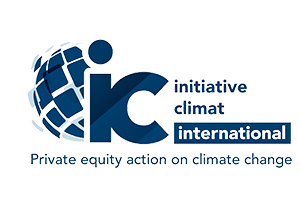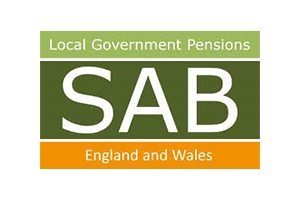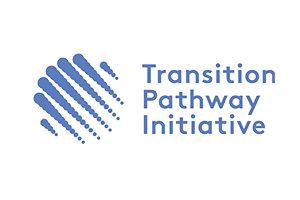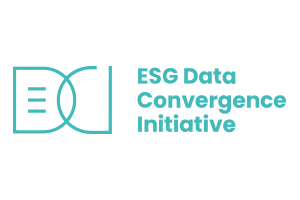Home | Investing responsibly
Investing responsibly
Meeting demand for a rigorous approach to sustainability for more than 20 years
ESG strategy and beliefs
Responsible investment principles are deeply rooted across Unigestion’s business and the majority of our assets are covered by ESG considerations.
Our ESG philosophy
- We approach ESG in the same way as all investment risk, carefully assessing the potential impacts and opportunities through a combination of systematic and discretionary analysis, research and monitoring.
- We believe well-governed businesses with responsible practices can make a positive contribution to our clients’ portfolios over the long term.
- Sustainability will be a long-term driver for change in markets, countries, sectors and companies, creating opportunities for fruitful investment.
- As an investor, we want to participate in the investment returns these opportunities will generate.
Integration and active ownership
Engagement and collaboration are critical to our active ownership approach. We have been a signatory to the UNPRI since 2013 and integrate ESG considerations into our investment processes through universe screening, investment selection, portfolio construction, proxy voting and direct and collaborative engagement.
Proxy voting
We believe in the importance of being an active shareholder and exercise the voting rights of our clients through an outsourced arrangement with a third-party proxy voting specialist.
Proxy voting statistics:
Unigestion’s proxy voting is based on a customised policy built upon our provider’s proxy voting policy. It includes enhancements to address stricter rules for director and auditor independence, as well as the incorporation of the provider’s Climate Voting Services, which uses their Climate Scorecard.
Explore our latest voting activity on our voting data portal.
Direct engagement
Engagement candidates are selected based on financial materiality, issues emerging from the AGM, significant controversies, quantitative ESG analysis or qualitative ESG or Sustainable Development Goals (SDGs) matters identified by our analysts.
We have four engagement catalysts:
- AGM-based engagements
- Thematic engagement
- ESG or controversy engagements
- Client specific requests or certain requirements
Collaborative engagement
Unigestion collaborates in a number of industry engagement initiatives:
Our goals
We focus on creating long-term, sustainable value for our clients, for our stakeholders and for society.
Our approach is structured around the following overarching goals:
Promote a purpose linked to the needs of society
- Helping the world’s population fund their retirement or meet other life goals.
- Financing the long-term needs of the real economy by channeling capital to finance growth.
- Creating the necessary architecture to help solve social and environmental problems, such as facilitating the transition to a low-carbon economy.
- Our largest shareholder is the Famsa Foundation, established by our Chairman Bernard Sabrier.
- Famsa supports a wide range of non-profit projects in the charitable, educational, cultural and medical fields.
- We have put in place strong governance and succession plans to safeguard Unigestion’s long-term future and ensure it retains an independent Board of Directors.
- We aim to conduct our activities in a way that resonates with our core values.
- We try to reduce our environmental impact through buying green electricity for our offices, recycling extensively and subsidising the use of green transport where possible.
- We apply the same rigour to our company as we demand from others through our engagement activities.
- We adhere to the same rules that we advocate for the composition of our Board of Directors in terms of independence and governance.
- We promote education around responsible investment for our clients and our employees through dedicated webinars and educational sessions.
- We promote education around responsible investment for our clients and our employees through dedicated webinars and educational sessions.
Responsible Investment initiatives
Unigestion is proud to support the following ESG initiatives:

Initiative: UN Principles for Responsible Investment
Year joined: 2013
Objective: The PRI is the world’s leading proponent of responsible investment. It works to understand the investment implications of ESG factors and support its investor signatories in incorporating these into their investment decisions.

Initiative: International Sustainability Standards Board (formerly SASB)
Year joined: 2021
Objective: The ISSB develops standards for a global baseline of sustainability disclosure, seeks to meet the information needs of investors, and enable companies to provide comprehensive sustainability information.

Initiative: Tobacco-Free Finance Pledge
Year joined: 2019
Objective: The Tobacco-Free Finance Pledge highlights the leadership of financial institutions that have implemented tobacco-free finance policies and encourages others to follow suit, denormalising financial and corporate associations with tobacco.









